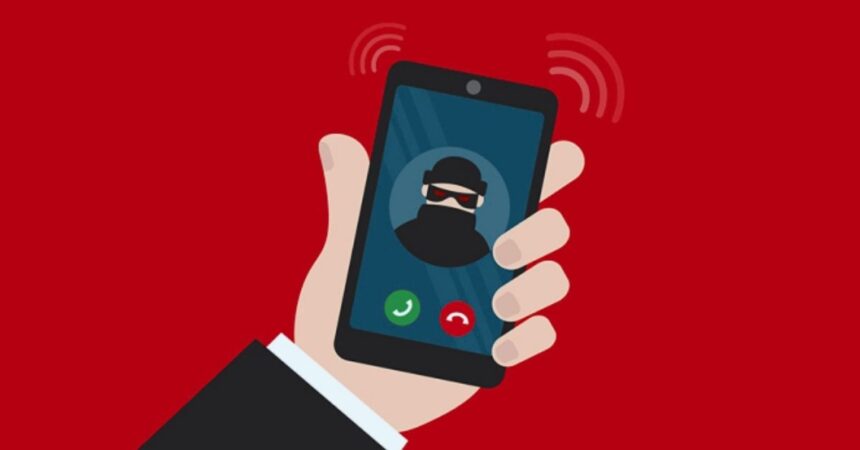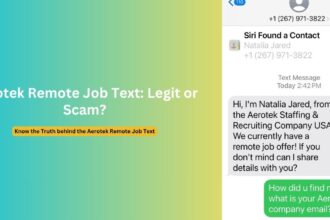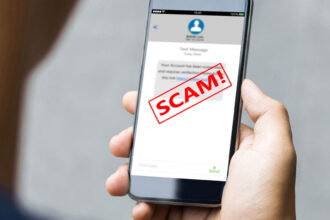A suspicious robocalling operation known as “Mission Credit” has been aggressively targeting consumers with promises of debt consolidation loans that experts warn can severely damage credit and finances.
How the Mission Credit Robocalls Scam Works
“Mission Credit” leaves urgent-sounding voicemails claiming they can provide $30,000 loans to combine credit cards, medical debts, or other unsecured balances into a single, lower payment. The messages come from people alleging to be employees like “Allison” or “Megan” at “Mission Credit.”
They instruct recipients to call back numbers like 949-606-7403, (949) 606-7406, 714-980-4066, 949-606-7405, and (802) 239 2531 to “activate your benefits” and clear debts. However, the Better Business Bureau issued a report about Mission Credit likely operating as a phishing scam to harvest consumer information and generate leads.
Red Flags: Hallmarks of Debt Relief Scams
Mission Credit’s robocalls exhibit suspicious activity commonly seen in debt consolidation schemes that can leave those suffering financial hardship in even worse situations:
- Unsolicited contact and high-pressure urgency to act fast
- The voicemails come from different number and asks to call different number
- Claims to slash debt balances seeming too good to be true
- Requests for sensitive information and upfront fees
- Lack of transparency about actual terms and services
The Federal Trade Commission (FTC) states reputable assistance for overwhelmed debt carries no guarantees and credentialed nonprofits do not make aggressive sales pitches.
What To Do If You Get a “Mission Credit” Voicemail Robocall
If an unsolicited voicemail about combining debt appears on your phone displaying area codes like 949 or 802, do not call back or provide any information. Report the activity to the FTC instead. You can also safely ignore future communications. Engaging at all risks triggering more harassment.
How To Spot and Report Debt Relief Scams
Look out for red flags like unrealistic promises, demands for upfront payment, urging you to stop paying legitimate creditors, etc. Check companies at bbb.org and report suspected scams – helping prevent victimization.
Also consider certified credit counseling assistance exploring options like debt management plans or carefully structured consolidation loans rather than “easy fixes” peddled aggressively by questionable corporations.
If You Already Shared Information
Contact institutions tied to any exposed financial accounts or personal data right away. Monitor your credit closely through AnnualCreditReport.com in case scammers try opening fraudulent lines.
You can place a free credit freeze restricting new credit in your name with Equifax, Experian, and TransUnion to protect against identity theft risks as well. Consider reporting ID theft to the FTC if accounts get compromised.
Seek Legitimate Assistance From Reputable Sources
If debt feels overwhelming, help exists minus scams making false promises. Nonprofit credit counselors offer free consultations on managing budgets and creditor negotiation.
Your state/local consumer protection agency also connects individuals to important relief resources. Prioritize certified experts devoted to your best interests, not questionable companies cold calling with sales scripts full of red flags.
The Final Verdict – think twice before trusting unvetted operations like “Mission Credit” claiming questionable debt solutions out of the blue. Their voicemails and numbers may change, but the suspect pattern remains consistent. Protect yourself and others by simply hanging up the phone.




















